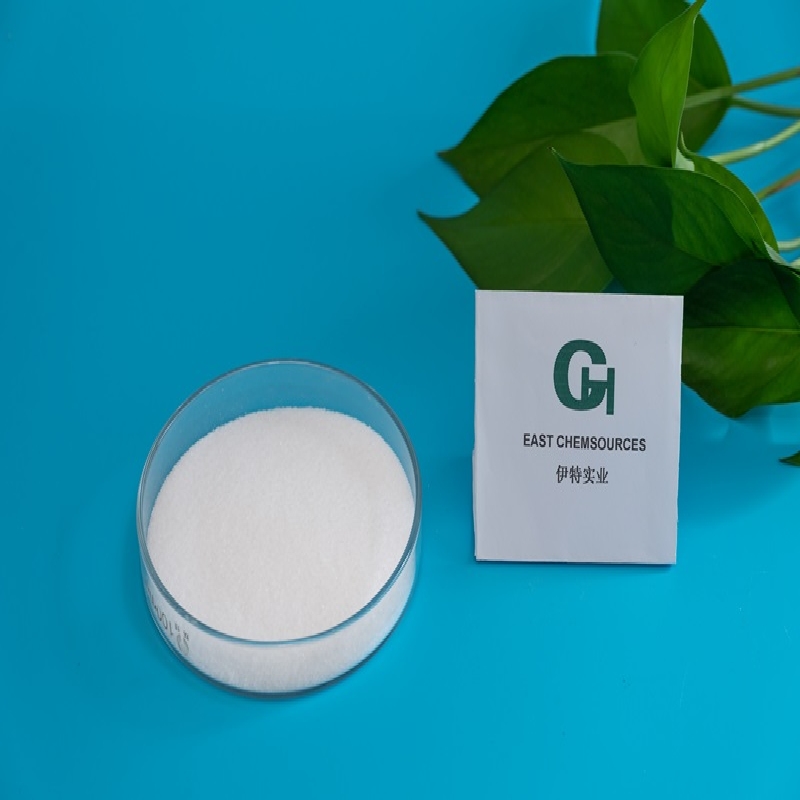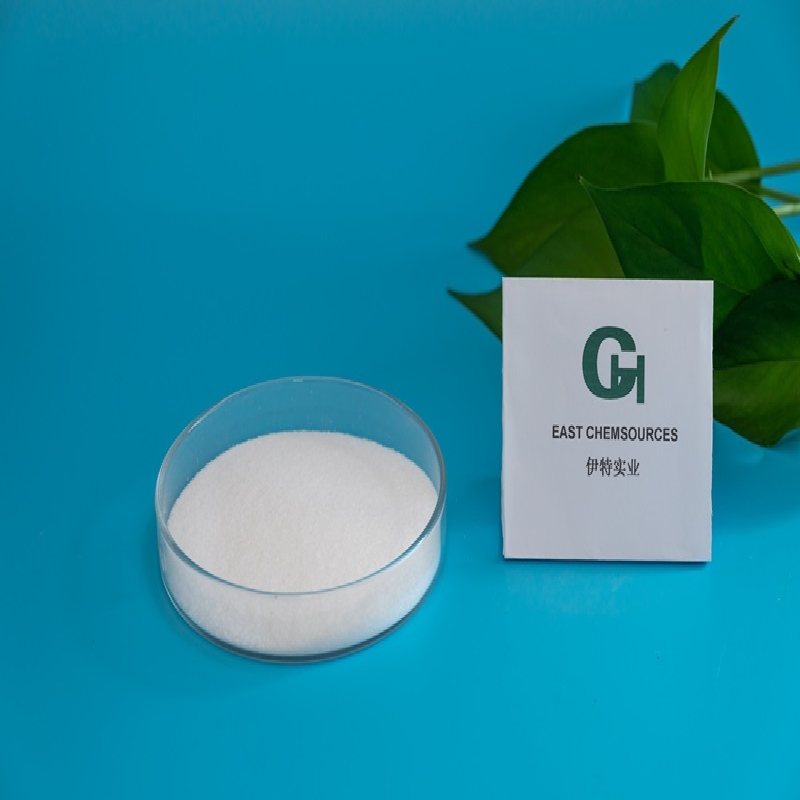-
Categories
-
Pharmaceutical Intermediates
-
Active Pharmaceutical Ingredients
-
Food Additives
- Industrial Coatings
- Agrochemicals
- Dyes and Pigments
- Surfactant
- Flavors and Fragrances
- Chemical Reagents
- Catalyst and Auxiliary
- Natural Products
- Inorganic Chemistry
-
Organic Chemistry
-
Biochemical Engineering
- Analytical Chemistry
- Cosmetic Ingredient
-
Pharmaceutical Intermediates
Promotion
ECHEMI Mall
Wholesale
Weekly Price
Exhibition
News
-
Trade Service
M1 macrophages are macrophages that produce inflammatory cytokines, known as classic macrophages, with strong microbial-killing properties, but these specificities are also prone to tissue damage.
M2 macrophages, also known as alternative active macrophages, play a central role in responding to parasites, tissue remodeling, angiogenesty and allergic diseases, participating in the retreat of inflammation and intestinal repair.
exosomes secreted by macrophages are becoming important media for intercellular communication in mucous membrane micro-environments.
study explores the role of macrophages and exosome secretion in repairing intestinal damage.
the researchers trans-dyed M2 macrophages miR-590-3p, isolating and identifying exosomes derived from M2 macrophages.
the proliferation and wound healing of intestinal cortectal cells in-body and compared them between groups.
the relationship between LATS1 and β-catenin signal transduction mechanisms in exosome and tissue repair was studied by using proton transfed, western imprinting, immunofluorescence and luciferase reporting gene testing.
researchers finally demonstrated that the non-genitourinary dependence of M2 macrophages promotes the proliferation of colonal cortectal cells.
the role of exosomes derived from M2 macrophages in the proliferation of the exosome in endostropheric cells.
addition, miR-590-3p, which is rich in macrophage exosomes, can be transferred from macrophages to endocrine cells, thereby enhancing the proliferation of endocrine cells and wound healing.
From a mechanism, miR-590-3p inhibits the expression of LATS1 by binding to the coding sequence of LATS1, and then activates the transcription process regulated by YAP/β-catenin to improve the healing capacity of the endosthic cell wound.
MiR-590-3p also inhibits a range of inflammatory factors that induce inflammation, including TNF-α, IL-1 beta and IL-6.
M2 macrophage-derived exosome miR-590-3p reduces inflammatory signals and promotes endocrine regeneration by targeting the LATS1 site and then activating the transcription of THEP/β-catenin regulation, which may provide a new target for the treatment of ulcerative colitis (UC), the authors said in the final study.
.







